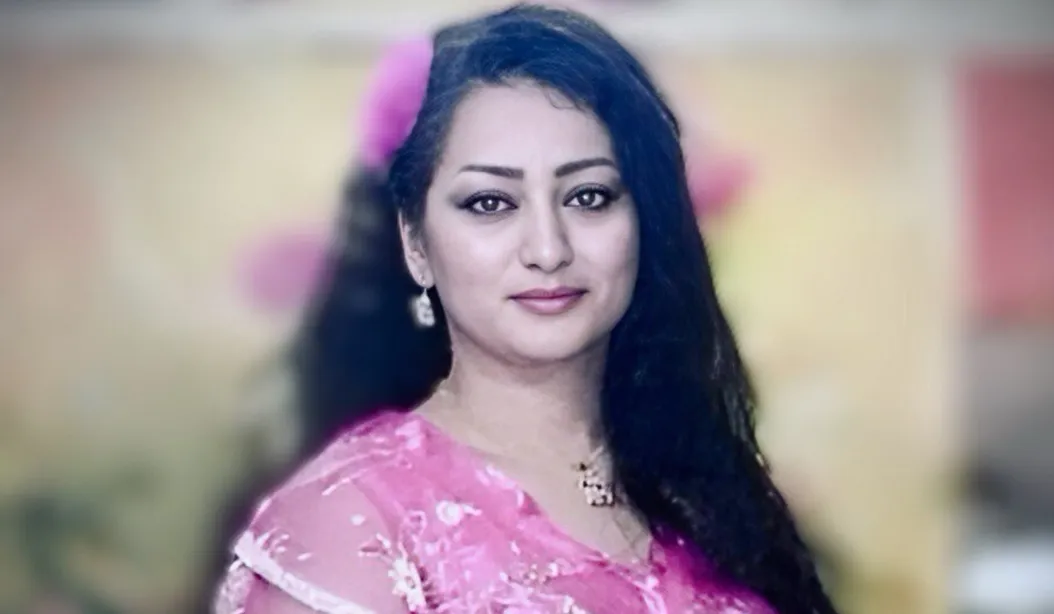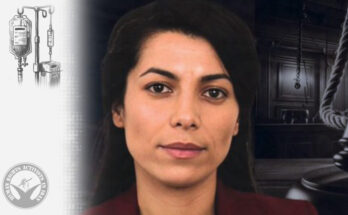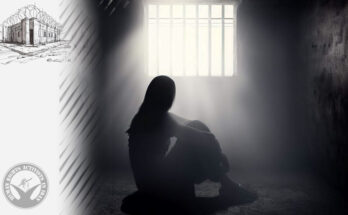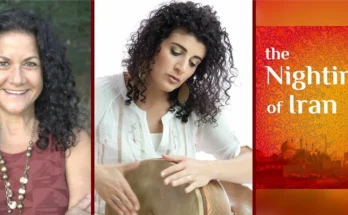Source: National Review
By Jay Nordlinger

Leila Pashaei is an Iranian human-rights activist who has been arrested and imprisoned. She is in danger of being tortured to death. She comes from a family of dissidents, whom I wrote about two years ago: here. At the time, her brother Saman was in prison. (The same one where she is now.) I talked with their brother Sardar.
Their father, Tofigh Pashaei, started the family’s tradition of dissidence. He owned a restaurant. I will quote from my 2023 article:
“I remember when I was five years old,” Sardar tells me. “Members of the Revolutionary Guard came to our house at 2 in the morning and arrested my dad. I have never forgotten that scene.”
Tofigh Pashaei was frequently imprisoned or detained. He was lucky, says Sardar: “Most of his friends got executed.” He also says, “My father was not really educated, but he taught us a great lesson in our lives: to fight for freedom, and for our dignity, and never to give in to dictators.”
There are seven siblings in the family: four brothers, three sisters. Three of the brothers are in exile; the rest of the siblings are in Iran. All the brothers learned to wrestle. Again, an excerpt from my earlier article:
“My father’s dream was to be an athlete,” says Sardar, “but he had a tough time in his life.” Tofigh had a friend who was a fellow political activist and a wrestler. That friend was killed. Tofigh always thought that, if he ever had sons, they would learn to wrestle.
Two of the brothers, Sardar and Saman, became champions (on an international scale).
About their sister Leila, Sardar tells this story, in a remembrance he has written:
When I was six years old, every Thursday, my siblings and I would visit my father in prison in our hometown, Saqqez, where he was jailed for his political beliefs. The visits were painful. Prisoners stood behind one set of bars, separated by 10 feet of empty space, and on the other side, their families stood behind another set of bars. No touching, no hugs — only distant conversations.
Even as a child, Leila was fearless. She was 10 years old at the time, and one day she told us, “This time, I’m going to run through the bars and hug my dad.” While we were talking to him, Leila suddenly sprinted forward, slipping between the bars and running toward our father. But before she could reach him, a security officer grabbed her by the hair and threw her to the ground. It was a heartbreaking scene — especially for my father, who could do nothing but watch. But Leila wasn’t sad. Even as she was dragged away, she smiled, proud that she had gotten even a few feet closer to him.
Leila Pashaei has a family of her own: a husband and a daughter, age 22.
March 8 was International Women’s Day. Leila gave a speech, decrying child marriage, mandatory hijab, and other injustices. A video of the speech “went viral.” You can see it here. Two days later, she was arrested, along with three other women. They were taken to the notorious prison in Sanandaj.
On March 15, Sardar Pashaei tweeted this:
Today I learned my sister Leila Pashaei has been tortured by Iran’s Intelligence agents on the 6th day of her arrest. Her “crime”? Speaking out on International Women’s Day against mandatory hijab, child marriage, and the execution of women prisoners.
Leila is now forced under… pic.twitter.com/yfruJ5vAGw
— Sardar Pashaei (@sardar_pashaei) March 15, 2025
Oleksandra Matviichuk is a human-rights lawyer in Ukraine. In 2022, the organization she heads shared the Nobel Peace Prize. (I interviewed her here.) In a statement about Leila Pashaei, she said,
The first few weeks of detention are critical, as interrogators do everything to break people. Our attention to this case can help to stop torture and ill-treatment of this courageous woman.
Such courage is positively astonishing, and necessary for the defeat of tyranny.




